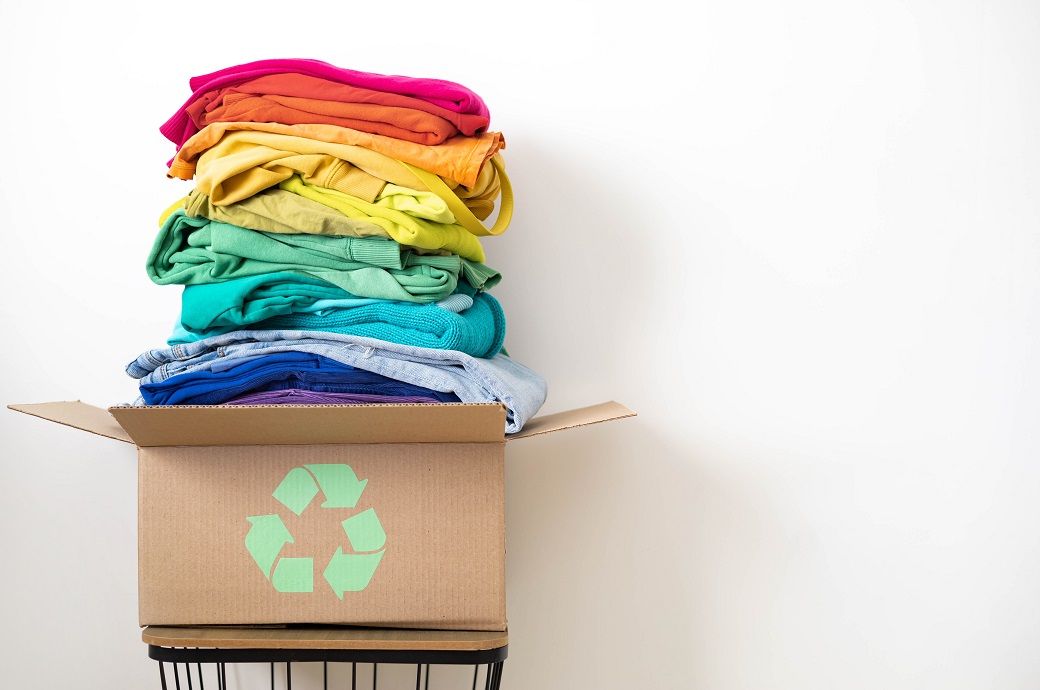
In line with the EU Strategy for Sustainable and Circular Textiles, this initiative seeks to stimulate growth in separate textile collection, sorting, reuse, and recycling sectors. Besides reducing the environmental footprint of the textile industry, the increased availability of used textiles is predicted to create local jobs and result in consumer savings, the European Commission said in a press release.
The proposal includes introducing harmonised and mandatory Extended Producer Responsibility (EPR) schemes for textiles in all EU member states. EPR schemes have a successful track record in managing waste from various products, including packaging, batteries, and electronic equipment.
Producers will shoulder the costs of managing textile waste, incentivising them to curtail waste and boost the circularity of textile products. The eco-modulation principle will adjust the amount producers pay into the EPR scheme, considering the environmental performance of their textiles.
The introduction of common EU extended producer responsibility rules will assist member states in implementing the requisite separate textile collection from 2025. Contributions from producers will finance investments in collection, sorting, re-use, and recycling capacities. Used textiles will be prioritised for reuse, and textiles that cannot be reused will be directed towards recycling.
In addition to these measures, the proposal will stimulate research and development into innovative circular technologies, such as fibre-to-fibre recycling, for the textile sector.
The proposal also aims to curtail illegal exports of textile waste to nations not adequately equipped to handle it. The proposed law would define what is considered waste and reusable textiles, curbing the practice of exporting waste under the guise of reuse. This comes in conjunction with a new regulation on waste shipments ensuring that textile waste shipments are managed responsibly and in an environmentally sound manner, the release added.
The proposal, which targets a revision of the Waste Framework Directive, will now proceed to be considered by the European Parliament and the Council in the ordinary legislative procedure.
Fibre2Fashion News Desk (KD)